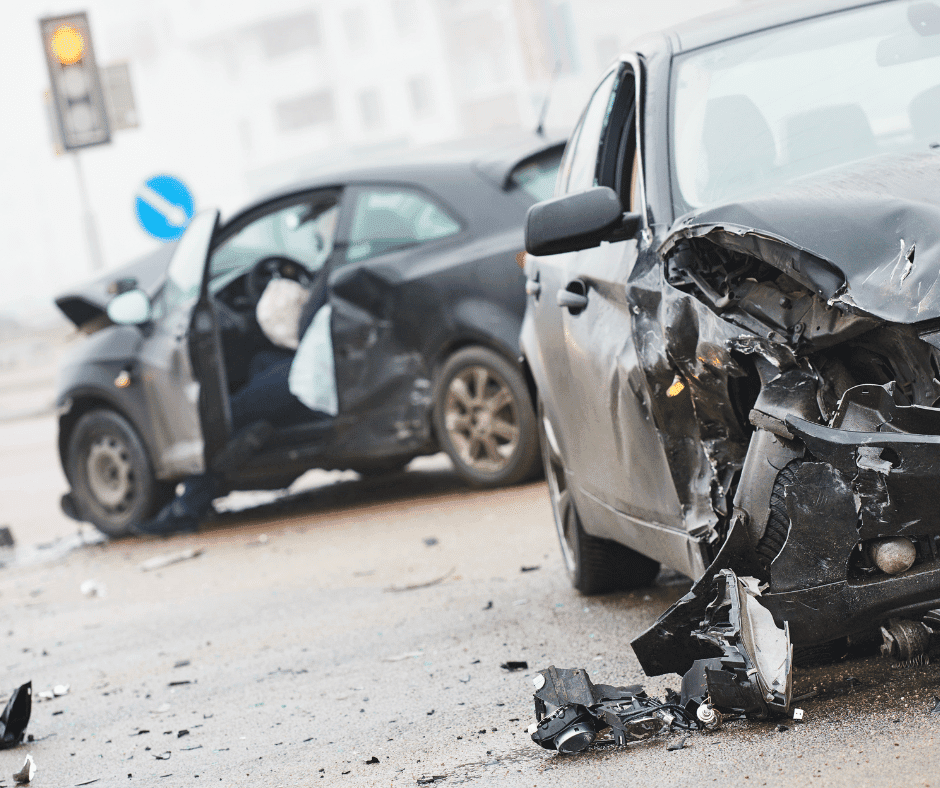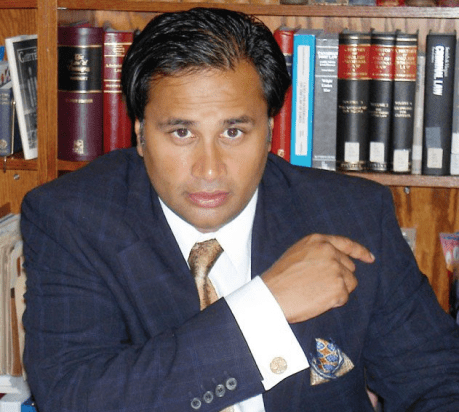Dangerous Driving Charges in Brampton, ON

Facing a dangerous driving charge can feel like everything’s spinning out of control. One moment, you’re behind the wheel — the next, you’re facing a criminal charge that could upend your life. If you’ve been charged with dangerous operation of a motor vehicle in Brampton or anywhere in the Peel Region, it’s critical to understand your rights, the risks, and how to fight back.
What Is Dangerous Driving in Canada?
Under the Criminal Code, dangerous driving (also called dangerous operation) means operating a motor vehicle in a manner that is dangerous to the public. This doesn’t just apply to highway racing or reckless speeding — it can include distracted driving, aggressive lane changes, or even driving too fast in bad weather.
The key factor? Your driving must show a marked departure from what a reasonable person would do in the same situation. In other words, the Crown has to prove your driving posed a real risk to public safety.
Common Situations That Lead to Charges
You don’t have to be a bad driver to face a dangerous driving charge. Many of my clients are first-time offenders — people who made a mistake, panicked in traffic, or were caught up in a misunderstanding.
Here are some real-world examples:
- Distracted driving: Looking at your phone briefly while driving and causing an accident
- Tailgating or sudden lane changes: Especially on the highway
- Driving too fast for the conditions: Such as snow, fog, or rain
- Losing control of a vehicle: Skidding into another car or a pedestrian area
- Road rage incidents: Even without physical harm, these can be charged criminally
These actions may seem minor — but in the eyes of the law, they can carry heavy consequences.
What Are the Penalties for Dangerous Driving?
Dangerous driving is a hybrid offence in Canada. This means the Crown can choose to prosecute it as either a summary conviction or an indictable offence, depending on the severity.
If convicted:
- Criminal record: You will have a permanent criminal record
- Fines and jail time: Up to 10 years if bodily harm occurred; up to 14 years if death resulted
- Driver’s licence suspension: At least one year, longer if you’re a repeat offender
- Insurance consequences: Skyrocketing premiums or complete cancellation
Even a first-time conviction can derail your job, your family life, and your future travel plans.
How Is This Different from Careless Driving?
Careless driving is a traffic offence under the Highway Traffic Act — not a criminal charge. While serious, it won’t lead to a criminal record.
Dangerous driving, on the other hand, is a criminal offence. The stakes are much higher. The line between the two often comes down to intent and the level of danger posed.
If the police charge you with dangerous driving, it’s essential to challenge the allegation. Many cases can be reduced to careless driving with the right defence.
Defending a Dangerous Driving Charge
I’ve handled countless dangerous driving cases across Brampton and the GTA. Every case is different — but some common defence strategies include:
1. Challenging the “Marked Departure”
The law requires the Crown to prove that your driving was far below the standard of a reasonable driver. If your actions were momentary or explainable, that can create reasonable doubt.
2. Medical Emergencies
Sudden medical issues — like a seizure or fainting — can provide a valid defence if they contributed to the incident.
3. Lack of Evidence
Dashcam footage, inconsistent witness accounts, or unclear police reports can all weaken the prosecution’s case.
4. Mechanical Failure
If your vehicle had a sudden mechanical issue, like brake failure or a blown tire, this might explain why you lost control.
5. Reduction to Careless Driving
Even if the evidence is strong, I may be able to negotiate a plea to the lesser charge of careless driving — helping you avoid a criminal record.
Why Choosing the Right Lawyer Matters
- Straight talk: I’ll break down your options in plain language
- Aggressive defence: I’ll challenge every weak spot in the Crown’s case
- Strategic approach: Whether it’s trial or negotiation, we’ll aim for the best possible outcome
Real Case Examples
- Winter Collision Avoided Jail: A client charged after sliding into an intersection on black ice — we showed the driving was not unreasonable given the conditions.
- Teen Driver’s First Offence: A distracted driving incident with minor injuries — we negotiated a plea to careless driving, keeping his record clean.
- Speeding Accusation Dismissed: Officer lacked proof of speed and dashcam showed reasonable driving — charges withdrawn before trial.
Frequently Asked Questions (FAQ)
Will I go to jail for dangerous driving?
Can I get my licence back after a conviction?
Can I travel if I’m convicted?
Will this stay on my record forever?
What if this is my first offence?
Let’s Talk About Your Case
If you’ve been charged with dangerous driving in Brampton or anywhere in Peel, don’t wait. Your future, your licence, and your freedom are too important. Let’s build your defence — together.

